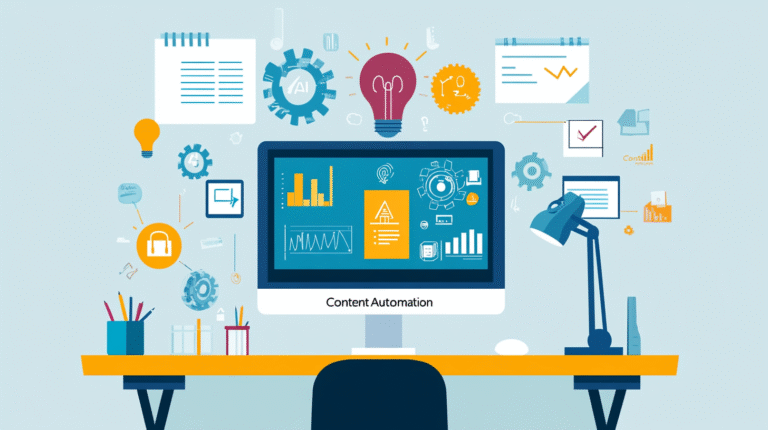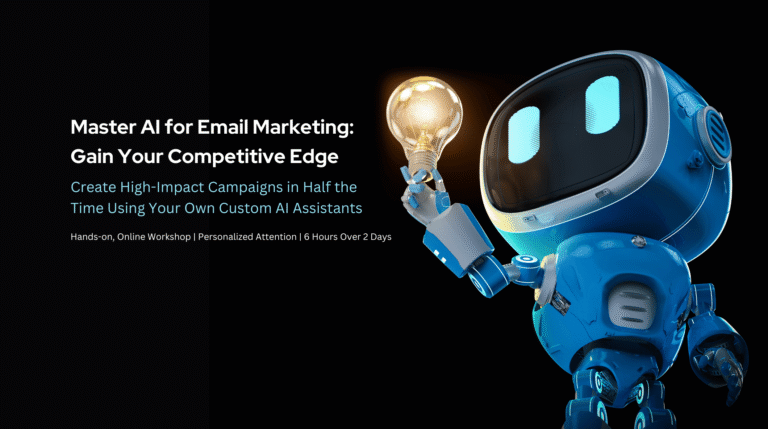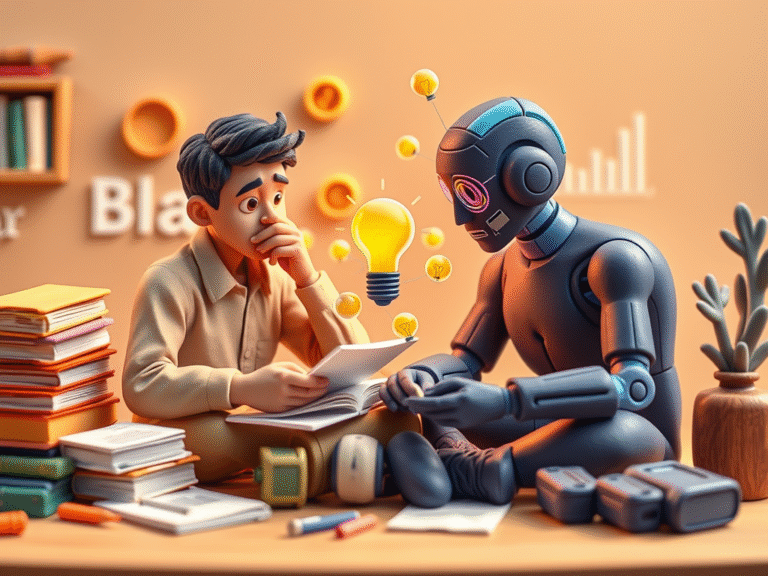AI and the Death of Entry-Level Jobs. What’s Next?
For decades, entry-level jobs have been the launchpad for career growth. Young professionals, fresh graduates, and career changers have relied on them to gain experience, build skills, and climb the corporate ladder. But with the rapid rise of artificial intelligence (AI), these foundational roles are disappearing.
AI-driven tools are automating tasks that were once assigned to junior employees. Marketing assistants, data analysts, customer service representatives, and even junior software developers are seeing their traditional responsibilities taken over by AI. This raises a crucial question: If AI eliminates entry-level jobs, how will people gain the experience needed to advance their careers?
In this post, we’ll explore the industries most affected, what this shift means for businesses and professionals, and how individuals can adapt to thrive in an AI-driven workforce.
How AI is Replacing Entry-Level Work
AI is exceptionally good at tasks that involve pattern recognition, data analysis, repetitive workflows, and customer interactions. Here are some common entry-level roles that AI is rapidly transforming:
Marketing and Content Creation
- AI tools can generate marketing copy, blogs, and social media posts.
- Platforms like Canva and Adobe Firefly allow users to create professional designs without formal training.
- Entry-level marketers, copywriters, and graphic designers now compete with AI-driven content automation.
Customer Support and Service
- Chatbots and virtual assistants like OpenAI’s ChatGPT, IBM Watson, and Zendesk AI are handling customer inquiries more efficiently than human representatives.
- AI-driven sentiment analysis helps businesses personalize responses without human intervention.
- Fewer junior customer service roles are needed as AI can handle FAQs and transactional queries.
Data Entry and Analysis
- AI tools like Tableau, Power BI, and AutoML automate data cleaning, visualization, and predictive analytics.
- Entry-level data analysts and research assistants, who previously handled reporting and trend analysis, are seeing their tasks automated.
Software Development and IT Support
- GitHub Copilot and other AI-driven code-generation tools can write functional code with minimal human input.
- AI-driven IT support bots can troubleshoot common tech issues, reducing the need for junior IT roles.
The Domino Effect: What This Means for Businesses
For businesses, AI automation provides efficiency, cost savings, and scalability. However, eliminating entry-level jobs comes with long-term risks:
The Training Pipeline is Disappearing
- Junior roles serve as a training ground for future leaders. Without entry-level positions, where will companies find skilled mid-level and senior employees?
- Organizations may face a leadership gap in the next decade as AI removes the stepping stones for career progression.
Experience vs. Education: The Hiring Dilemma
- Companies still require experience for higher roles, but without entry-level jobs, gaining experience becomes harder.
- Hiring managers may struggle to find candidates with hands-on expertise, leading to longer recruitment cycles and talent shortages.
Over-Reliance on AI Could Backfire
- While AI can perform many tasks efficiently, it lacks human intuition, creativity, and strategic thinking.
- Businesses that over-automate may find themselves lacking human oversight in critical areas, leading to ethical concerns and quality control issues.
How Professionals Can Adapt to This New Reality
If AI is making entry-level jobs obsolete, how can young professionals and career changers stay ahead? Here are some key strategies:
Embrace AI as a Skill, Not a Threat
- Instead of fearing AI, learn how to work with it. Understanding AI tools and how to leverage them can make you an invaluable asset.
- Platforms like Coursera, Udemy, and LinkedIn Learning offer courses on AI literacy, automation tools, and prompt engineering.
Develop Human-Centric Skills
- AI excels at automation but struggles with human-centric skills like critical thinking, creativity, emotional intelligence, and leadership.
- Strengthening these soft skills will set professionals apart in a workforce where AI handles technical tasks.
Gain Experience Through Alternative Routes
- If traditional entry-level roles are disappearing, look for non-traditional ways to gain experience:
- Freelancing on platforms like Upwork or Fiverr.
- Internships, apprenticeships, and volunteer projects.
- Contributing to open-source projects or personal side projects.
Become an AI-Augmented Professional
- The future belongs to professionals who can collaborate with AI rather than be replaced by it.
- Learning how to integrate AI into workflows will make job seekers more competitive.
- Example: A junior marketer who understands AI-driven SEO tools can outperform someone who only knows traditional methods.
Focus on Industries Less Disrupted by AI
- While AI is transforming many industries, some fields still rely heavily on human expertise:
- Healthcare (nurses, therapists, and medical technicians)
- Skilled trades (electricians, plumbers, and construction workers)
- Creative and strategic roles (brand strategists, UX designers, and AI ethics consultants)
The Role of Companies and Policymakers
Businesses and governments must also take action to ensure a sustainable workforce:
Redesign Career Pathways
- Companies should invest in mentorship programs and AI-assisted on-the-job training instead of relying solely on traditional entry-level roles.
- AI should be used to enhance human work, not replace it entirely.
Education Must Adapt
- Universities and trade schools need to rethink curriculums to emphasize AI collaboration and digital literacy.
- More emphasis on practical experience through apprenticeships and real-world projects.
- Encouraging AI-Resistant Career Paths
- Policymakers should invest in sectors that AI cannot easily replace, ensuring a balanced job market.
- Supporting workforce upskilling programs to help displaced workers transition into new roles.
Conclusion: A Future Without Entry-Level Jobs?
AI is fundamentally reshaping the job market, and entry-level jobs are among the first casualties. However, this doesn’t mean career growth is impossible, it just means the path is changing.
The future belongs to those who can adapt, learn AI tools, and develop uniquely human skills. For businesses, ensuring a sustainable talent pipeline means finding ways to train and nurture the next generation of professionals despite AI automation.
The question is no longer if AI will take over entry-level jobs… it’s already happening. The real question is: Are we ready for what comes next?







